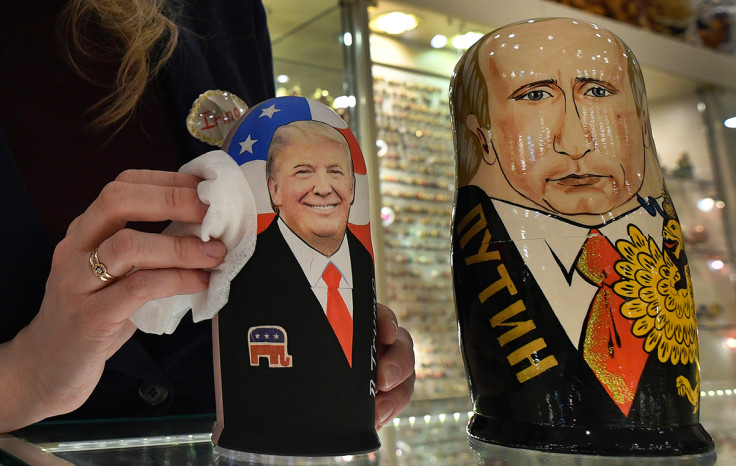Russia says Mike Flynn's forced resignation undermines relationship with US
Either President Trump doesn't have autonomy or "Russophobia" has struck administration, say lawmakers.

The resignation of President Trump's pro-Russia National Security Adviser has sent a shudder through Russia's political class who are commenting that the move will damage already fragile US-Russia relations further.
"This is kind of a negative signal for the establishment of the Russian-American dialogue," said Leonid Slutsky, chairman of the lower committee on international affairs in Russia's parliament. Trump's adviser, retired general Michael Flynn resigned late on Monday just three weeks into the new administration.
"It's obvious that Flynn was forced to write the letter of resignation under a certain amount of pressure," Slutsky told Russian state newswire TASS.
Slutsky called the forced resignation "provocative" and that Flynn had been targeted to harm "Russia-US relations, undermining confidence in the new US administration," he said.
Pressure on Flynn grew after a series of leaks from at least nine current and former senior officials in US intelligence and law enforcement. They revealed that, while President Barack Obama was imposing sanctions on Russia before leaving office in late December, Flynn held calls with Russia's US ambassador and suggested sanctions could be lifted under the new administration.
Flynn then reportedly caused rifts in the Trump administration after senior officials — including Vice President Mike Pence — defended him publicly, only to discover he had misled them. The Kremlin told the AFP that Flynn's resignation is "not our business." But Russian lawmakers reacted fiercely.
The office of Russian President Vladimir Putin has denied that Flynn and Russian Ambassador Sergey Kislyak discussed the sanctions in any of a series of phone calls held during the transition period to the Trump administration.
The fact that Flynn would be forced to resign "for contacts with the Russian Ambassador (normal diplomatic practice) – it's not even paranoid, but something infinitely worse," wrote Konstantin Kosachev, chairman of the foreign affairs committee in the upper chamber of the Russian parliament on Facebook.
"Either Trump hasn't gained the required independence and he's been driven into a corner," he wrote, "or Russophobia has struck the new administration from top to bottom."
© Copyright IBTimes 2025. All rights reserved.






















